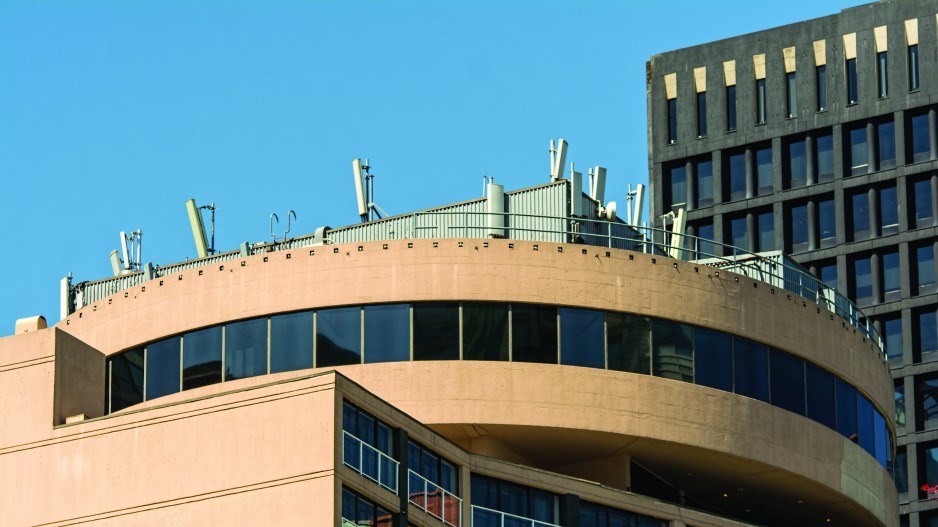While Canada’s intelligence allies have been hitting the brakes on deploying Huawei Technologies Co. Ltd.’s 5G equipment, Ottawa’s caginess over banning the Chinese company from the future of national communications infrastructure remained consistent the past year.
Vancouver-based Telus Corp. (TSX:T), meanwhile, warned investors in a February 2019 filing that banning Huawei over espionage concerns could have significant financial consequences if the telecom giant was not compensated for its investments.
So do B.C. businesses risk falling behind global counterparts without a definitive answer from the federal government heading into 2020?
“That’s a challenge for Ottawa and that’s within their jurisdiction.… We will be having some discussions with them at the official level as to what they’re thinking is on that,” B.C. Jobs, Trade and Technology Minister Bruce Ralston told Business in Vancouver.
But he acknowledged that the greatly reduced latency offered by a 5G network has significant business applications.
It’s the reason why Deloitte Canada anticipates a big private-sector push into 5G infrastructure regardless of the delays plaguing the deployment of the country’s public infrastructure.
The company’s annual Technology, Media and Telecommunications (TMT) Predictions report anticipates that more than 100 companies worldwide will start testing private 5G networks by the end of next year, with some doing it on their own and others partnering with telecoms.
“The public consumer side is not that interesting. 5G is largely about higher capacity and higher speeds … and most consumers don’t need that level,” said Duncan Stewart, Deloitte Canada’s director of TMT research and co-author of the report.
“If you’re worried about things like security, privacy, cyberattacks [then] building your own network that is not shared and is not connected to the public network in any way is inherently more private, more secure.”
Meanwhile, the TMT report also forecasts 750 million artificial intelligence (AI) chips will be sold globally next year, generating US$2.6 billion in revenue.
That’s double the number of chips sold in 2017.
“Now those chips are not being made by Canadians; those chips will be used by Canadians,” said Stewart, referring to the number that will be used specifically in Canada.
“Historically, all AI occurred at the core of the network in the data centre. And what we’re looking at now is a new generation of chips that will allow people to do some of the AI processing on the edge device, whether that’s a smartphone, a robot, a camera, a senor, a drone.”
This burst of AI activity is expected to be felt in B.C., which witnessed the launch of its own industry association in 2019, the Artificial Intelligence Network of British Columbia (AInBC).
“Worldwide, large countries are putting lots and lots of money into this race for AI technology,” said AInBC executive director Steve Lowry.
The new organization is planning on major recruitment and training initiatives for the industry in 2020, as well as facilitating investor interest in B.C.’s emerging AI sector (see story on page 3).
Ralston, meanwhile, said he’s optimistic investor interest in the province’s tech sector will remain stable in 2020 following a year in which US$250 million was invested in legal-tech firm Clio (Themis Solutions Inc.), clean-energy company General Fusion Inc. raised US$65 million, Trulioo Information Services Inc. raised $60 million and agri-tech firm Terramera Inc. raised US$45 million.




